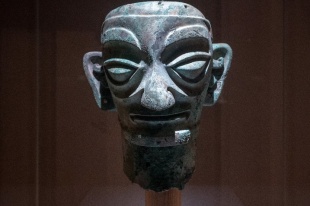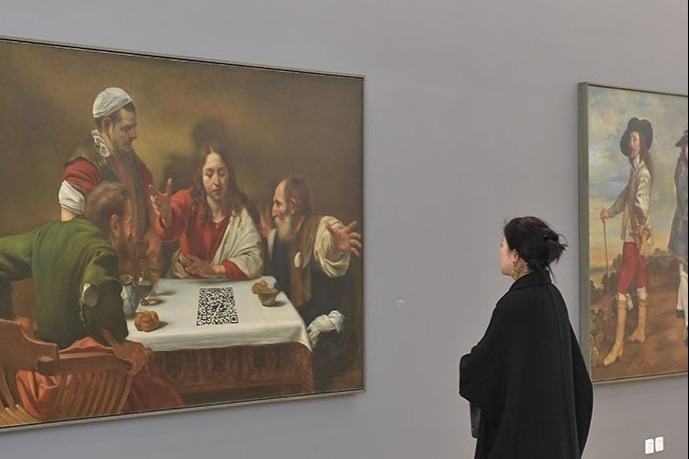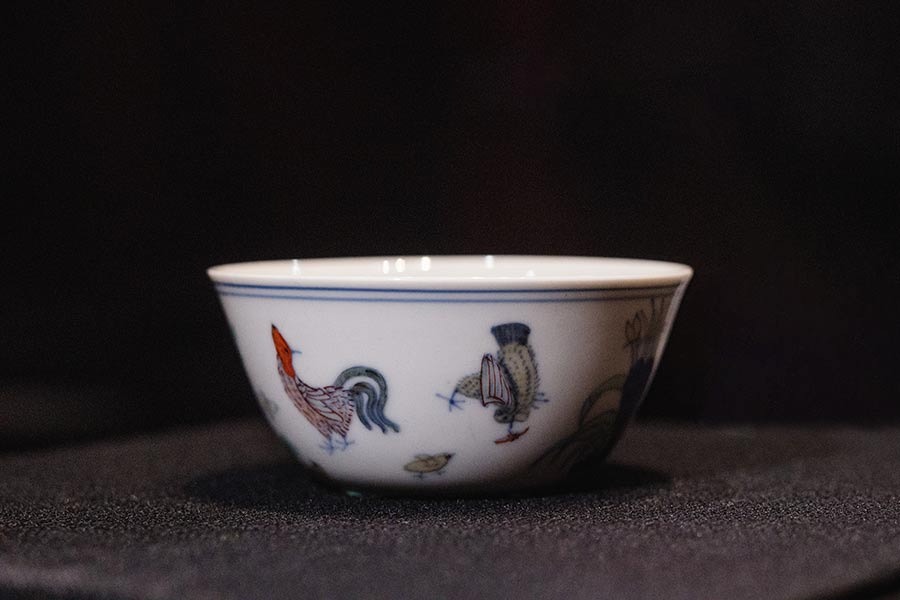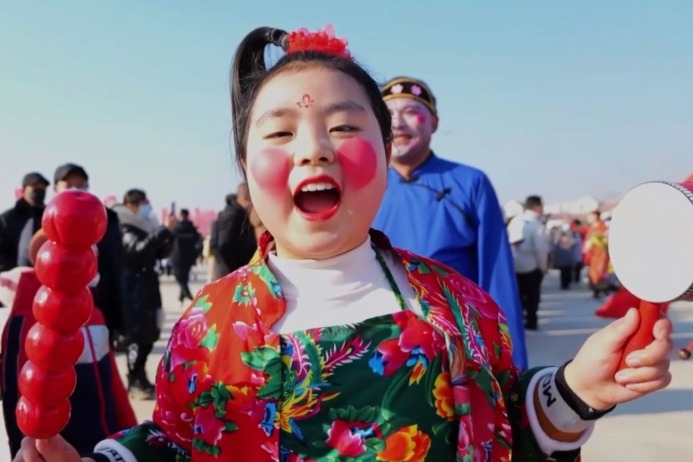Masks have helped people face fears before


"It is a book about face, a book without many words and about life and death," fiction writer Zhang Chi said when talking about his work, Ancient People's Expressions, which was published in March.
To be exact, it is a book about masks, not the masks we wear to prevent us from being infected with the novel coronavirus, but the masks made by ancient people to express their understanding about the universe, about heaven, and about everything they had difficulty with in their daily lives.
It is an amazing coincidence that this book about ancient masks was published at a time when face masks have seen such universal prominence and recognition as a health guard to protect people against the coronavirus.
Ancient masks, which were made largely of stones, jade, bones, pottery, shell or metal, were meant to meet and address people's psychological needs. Some were also made of wood or leather but the passage of time means that these have mostly decayed.
The writer himself has a collection of more than 100 ancient masks, most of which are made of stone or jade, and photos of them make up the major part of this book.
While these masks seem to have nothing to do, on the surface, with the face masks people are wearing today, fear and the need for protection is a common factor.
We wear face masks because we are afraid of contracting the novel coronavirus. We have a specific target to be afraid of. In this sense, our fear is well-grounded and reasonable.





































